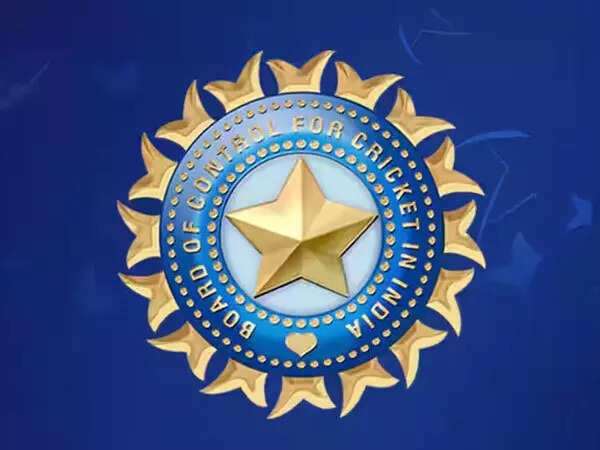
The Central government is preparing to introduce the long-anticipated National Sports Governance Bill 2025 in Parliament on Wednesday. This landmark legislation is aimed at establishing a legal framework to ensure transparent and fair functioning of National Sports Federations (NSFs), while also enhancing athlete protection through safe sport protocols and grievance redressal systems.
The bill seeks to promote sports ethics, safeguard athletes’ interests, and resolve administrative disputes through a standardized governance structure for NSFs. In a parallel move, the government will also present the National Anti-Doping (Amendment) Bill, 2025 in the Lok Sabha. This amendment intends to align India’s anti-doping laws with the World Anti-Doping Agency (WADA) Code and global norms. It will also ensure independence for both the Anti-Doping Disciplinary Panel (ADDP) and the Anti-Doping Appeals Panel (ADAP).
This legislative step marks a significant achievement for the BJP-led NDA government. The governance bill had earlier been returned twice by the Cabinet and once by Parliament due to lack of consensus.
BCCI Brought Under the Governance Umbrella
One of the most notable provisions in the bill is that the Board of Control for Cricket in India (BCCI) will be recognised as an NSF, and thus be subject to the same governance framework. The BCCI, like all federations, will be required to seek annual recognition once the bill becomes law. All its ongoing and future legal disputes will be handled by the newly proposed National Sports Tribunal.
As per the bill, neither the BCCI nor its affiliated state associations will be allowed to approach courts directly in case of disputes. Post its scheduled elections in September, the board will have to apply for recognition from the upcoming National Sports Board, even though it does not receive government funding.
A senior ministry official clarified: “Like all NSFs, the BCCI will have to comply with the law of the land once the bill becomes an Act. The Board doesn’t take ministry funding but an Act of Parliament applies to them. They will remain an autonomous body like all other NSFs but their disputes, if any, will also come to the National Sports Tribunal which will become the dispute resolution body for sports matters ranging from elections to selection. However, this bill does not mean govt control over any NSF. The govt will be a facilitator in ensuring good governance, not an enforcer.”
Ten Core Issues Addressed
The bill is designed to tackle 10 persistent issues in Indian sports administration:
- Recurring litigation related to NSF elections and athlete selections
- Absence of a dedicated dispute resolution body
- Weak athlete representation in governing bodies
- Gender imbalance in leadership roles
- Non-uniform electoral processes
- Financial opacity and mismanagement
- Lack of internal grievance redressal frameworks
- Court delays affecting sporting events
- No legal status for safe sport mechanisms
- Limited enforceability of existing code provisions
- Clarifying Misconceptions
The Ministry has sought to clarify myths surrounding the bill, particularly fears of government interference. The official noted: “The bill ensures autonomy while enforcing basic governance standards.”
Age and Tenure Relaxation Provisions
The bill also addresses long-debated issues concerning age and tenure limits for office-bearers of NSFs. It allows officials—including presidents, secretary generals, and treasurers—to serve their full term even if they cross the age of 70 during their tenure.
If a person is elected to a position just before turning 70 (for instance, at 69 years and 364 days), they will be permitted to complete their full term.
Regarding tenure, the bill proposes: “The president, secretary and treasurer shall be eligible for election to the executive committee after a cooling-off period of one term, provided they have held the position for the last three consecutive terms. A term shall not be of more than four years which will be a total of 12 years (three terms of four year each).”
A Step Forward in Indian Sports Governance
The introduction of this bill signals a transformative moment in Indian sports administration. It not only brings high-profile bodies like the BCCI under the governance net but also aims to institutionalize athlete-centric and transparent practices, paving the way for a more accountable sports ecosystem.
[With TOI inputs]

